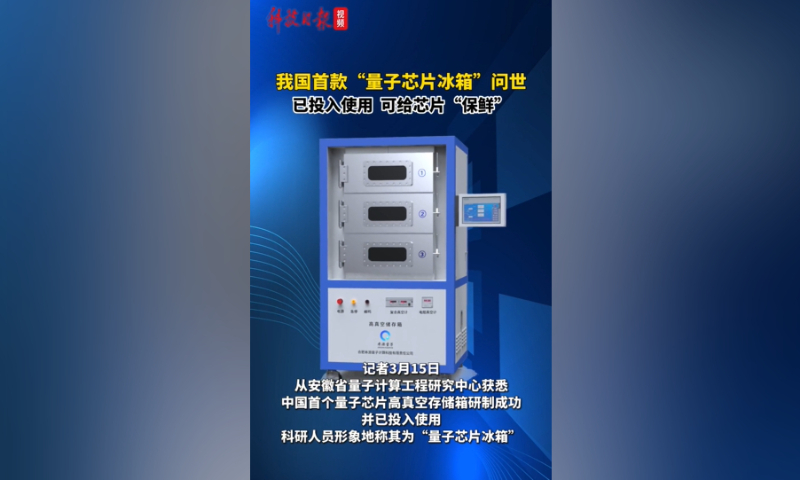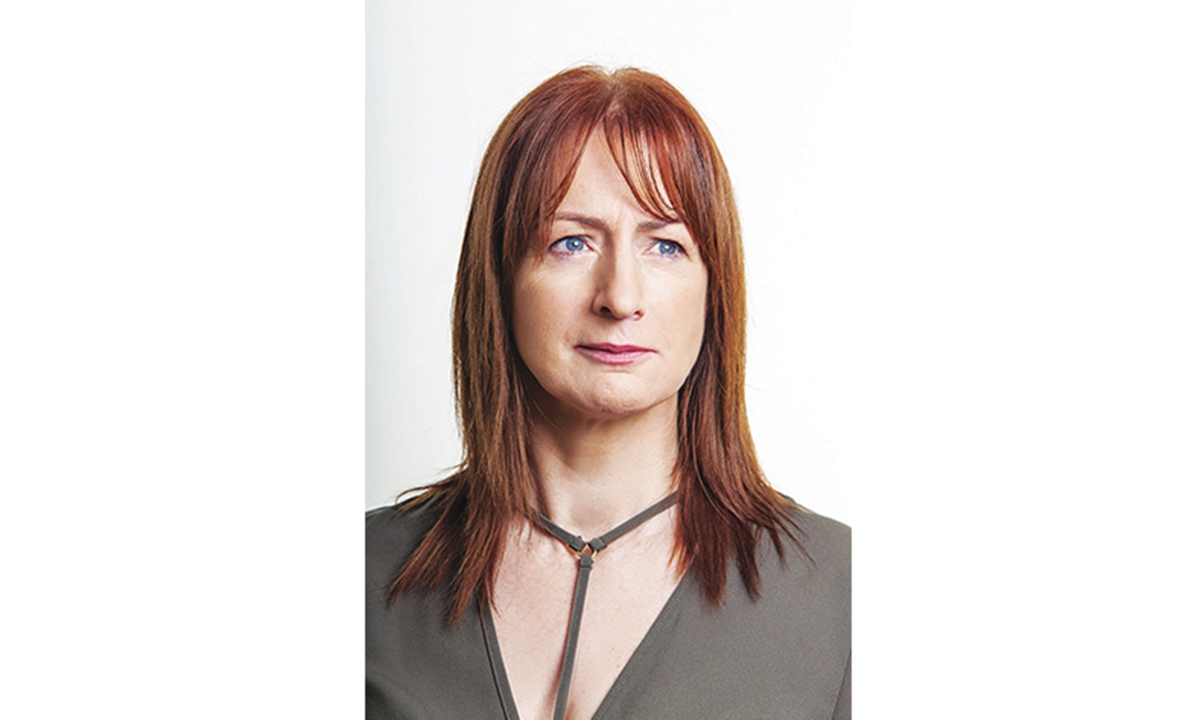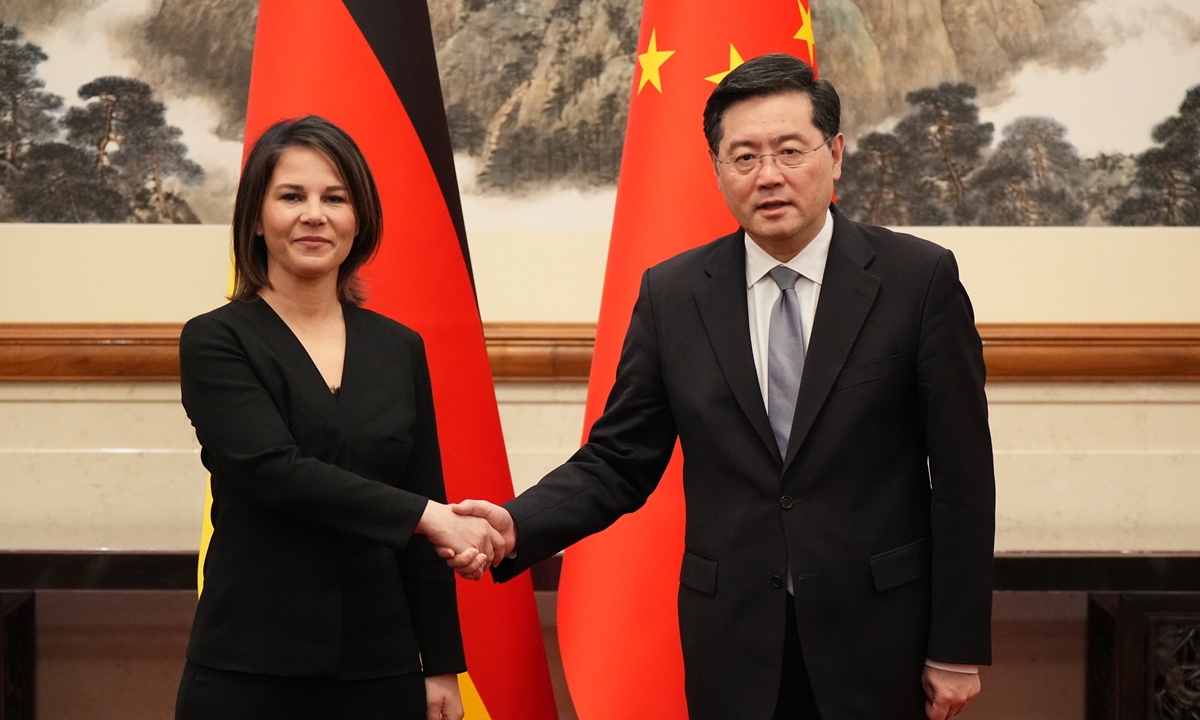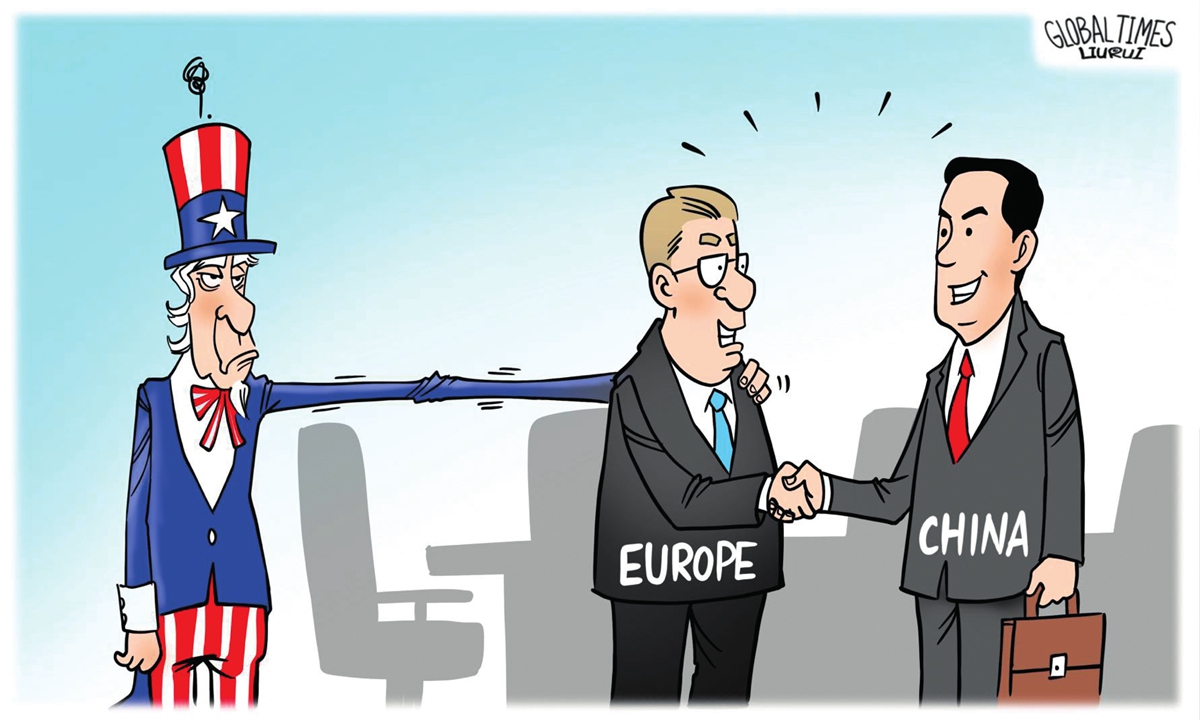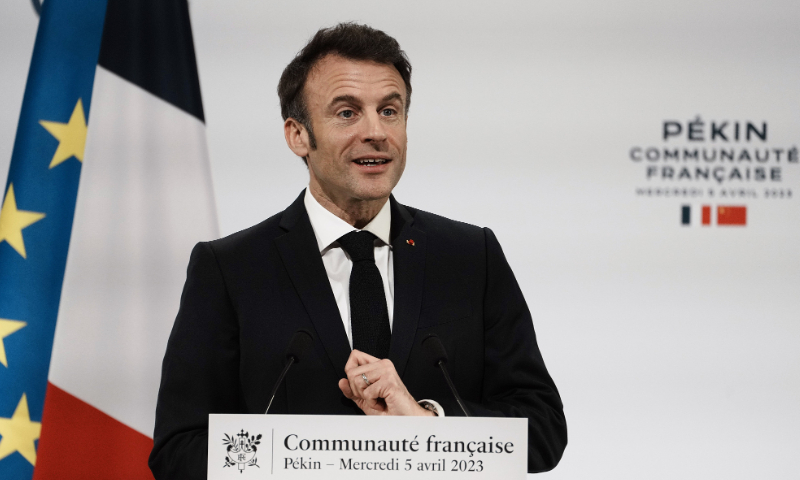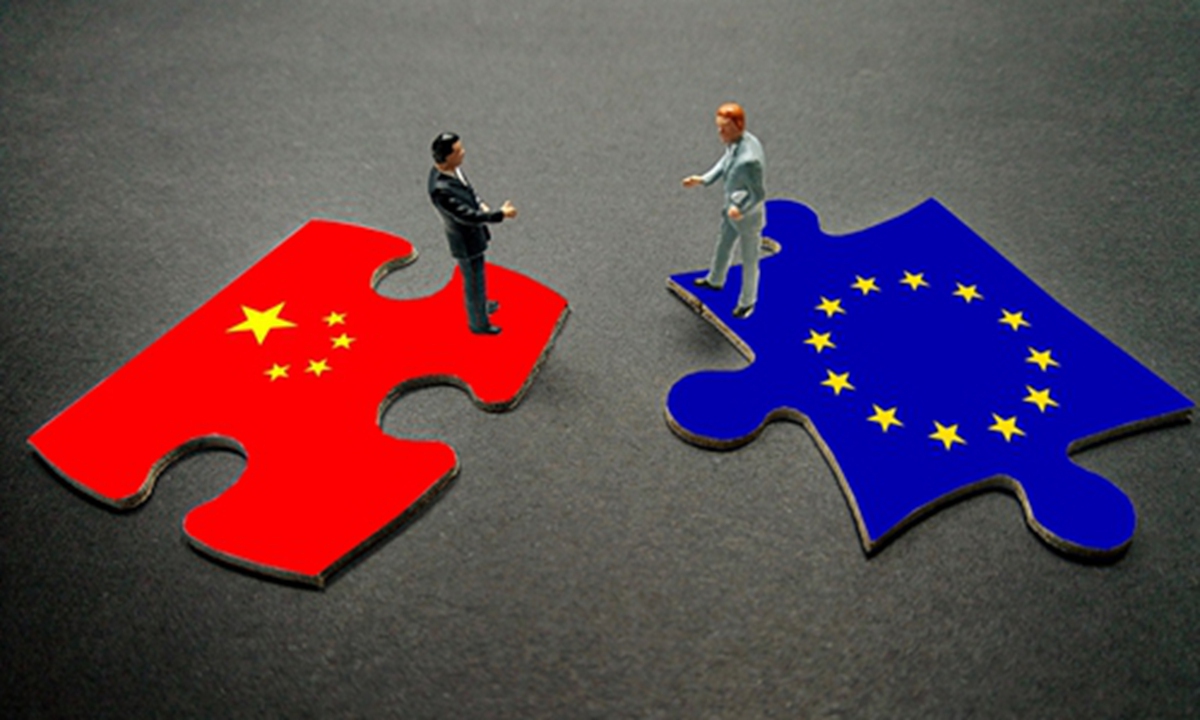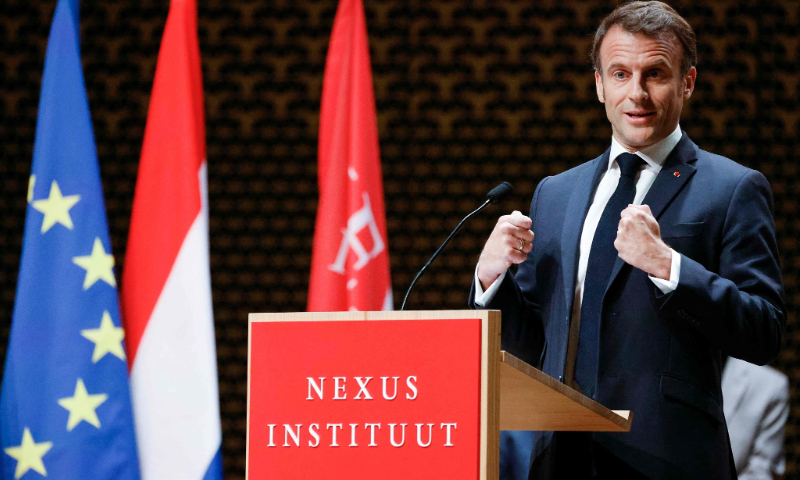The human brain is a unique and complex organ, with the cognitive capacity allowing us to invent the wheel, build pyramids and land on the moon.
The brain is seen as a crowning achievement of human evolution but when it comes to looking after our brains in the modern world, many individuals do not know where to start. The interest in looking after our brain health can be triggered by a variety of different external factors: sometimes a simple headache will intrigue individuals to wonder why such head pains persist; other times, head injuries result in individuals wondering how to best help the brain recover with minimal side effects. But sometimes, it takes a loss to the global community to make us take a step back and wonder if we are doing enough for our overall brain health. When American actor Tom Sizemore was in critical condition after suffering a ruptured brain aneurysm, the news quickly became a trending search topic, reaching its peak when it was announced that he had unfortunately passed away on 4th March 2023.In light of his death, it is important for us to be aware of what brain aneurysms are, what signs and symptoms we should be monitoring and when we should worry about the condition.
What is a brain aneurysm?
A brain aneurysm, also known as a cerebral aneurysm, is a bulging spot in a weak area of the artery, in or around the brain. As the body pumps blood around the body and to the brain, the pressure of the blood flow will flow into the aneurysm and stretch it even further. One way to understand the dangers of a brain aneurysm is like this: Imagine a balloon that is being inflated. As it is blown up, it is stretched and becomes bigger, causing its walls to become thinner. Once it exceeds its maximum capacity, the balloon will burst. Similarly, a brain aneurysm stretches as it is filled with blood, making it more likely to pop and rupture. This rupture will then cause bleeding in the brain and may result in life-threatening conditions such as subarachnoid haemorrhage (SAH). While we don’t know why brain aneurysms occur and what the exact causes are, it is important to understand who are more prone to develop the condition and what risks aneurysms pose.
- Age and gender: Brain aneurysms are more common in people over the age of 40 and in women.Smoking:
- As smoking damages the walls of blood vessels, smokers are more likely to develop an aneurysm.
- High blood pressure: Those with high blood pressure are more prone to weakened blood vessel walls.
- Drug use: Use of drugs such as cocaine or amphetamines.
- Family history: If you have a close relative such as a parent or sibling who have had a brain aneurysm, the chances of you developing an aneurysm in the future is slightly higher.
- Medical conditions: Certain medical conditions, such as polycystic kidney disease and arteriovenous malformations.
- Head injury: A severe head injury can damage blood vessels in the brain, increasing the risk of developing an aneurysm.
Looking out for signs
An individual who has an unruptured brain aneurysm may have these signs: headaches, eye pains, blurry vision and a dilated pupil. However, there are some cases where a brain aneurysm that has yet to rupture may not cause any of the symptoms described above. These unruptured aneurysms may be discovered when individuals go for their regular health check-ups where the doctor will then be able to periodically monitor the condition with additional imaging tests. However, if a brain aneurysm has ruptured, these are the signs that individuals should look out for – it could be either for themselves or their loved ones:-
Sudden severe headache: sometimes individuals describe these headaches as one of the worst they have ever had in their life
- Nausea and vomiting
- Stiff neck
- Sensitivity to light
- Blurred or double vision
- Loss of consciousness
- Seizures
- Confusion
- Weakness or numbness on one side of the face or body
- Difficulty speaking or understanding language.
Treatment options
There are different treatment options for a brain aneurysm that depend on the size, location and overall health of the patient. If an individual has been diagnosed with a small, unruptured aneurysm, it can be monitored regularly with imaging tests such as CT (computerised tomography) scans or MRIs (magnetic resonance imaging) to see whether they grow or change over time. Larger or ruptured aneurysms may require surgical intervention, with various treatment options available. Surgical clipping: In this procedure, a neurosurgeon places a metal clip around the base of the aneurysm to cut off the blood flow to it and prevent it from rupturing. Endovascular coiling: In this minimally invasive procedure, a neurointerventional radiologist inserts a catheter into an artery in the groin and threads it up to the brain. Using imaging guidance, the doctor then places tiny metal coils inside the aneurysm to block blood flow and prevent rupture. Flow diverters: A flow diverter is a stent-like device that is placed across the neck of the aneurysm. This device diverts blood flow away from the aneurysm and helps promote healing of the weakened blood vessel wall. Supportive care: If a brain aneurysm has ruptured and caused bleeding in the brain, supportive care such as medication to control blood pressure, seizure medications and pain management may be necessary. In severe cases, surgery may be required to remove the blood and repair the damaged blood vessels. While some individuals with an aneurysm may be aware of having a headache that persists for weeks prior to the actual rupture, it can be difficult to differentiate whether the headache stems from other issues.These are called “sentinel headaches’ which tend to be shorter in terms of duration and signifies an impending rupture of an aneurysm in the near future.
Why should I care?
When it was announced that the late Sizemore had suffered a brain aneurysm and was in critical condition, his condition was reportedly so severe that his doctors determined his situation to be one of “no further hope”. This led the doctors to recommend end-of-life decision, which is a term used to describe the support and medical care given during the time surrounding the imminent death of a patient. While this may not apply to every single patient suffering from a brain aneurysm, it goes to show that overall brain health and monitoring is crucial even in everyday life. It has been observed that death is seen in 10% of all SAH cases within the first week, and this figure can rise to nearly 50% within the first month because left untreated, an aneurysm can occur very soon after the initial first bleed. It is one of the reasons why understanding your own health is important and for those who have a family history of brain aneurysms, monitoring signs and symptoms is especially crucial. As much as we should be aware of what conditions are out there and what we as an individual may or may not develop, it should not hinder our abilities to live life to the fullest. If you or a loved one is pre-disposed to developing a brain aneurysm, rest assured that while it can occur in the future, as long as you are looking after yourself and do your necessary health check-ups, you will still be able to live a long and healthy life.- Dr Gerard Arvind Martin is a consultant neurosurgeon. For more information, email starhealth@thestar.com.my. The information provided is for educational and communication purposes only, and should not be considered as medical advice. The Star does not give any warranty on accuracy, completeness, functionality, usefulness or other assurances as to the content appearing in this article. The Star disclaims all responsibility for any losses, damage to property or personal injury suffered directly or indirectly from reliance on such information.
















